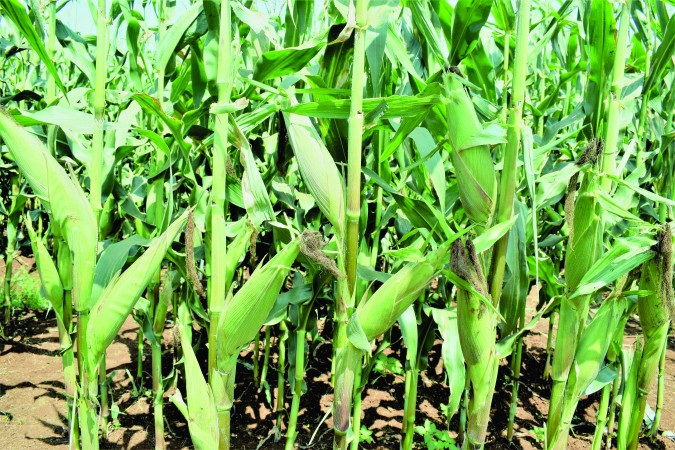Warehouse receipt system opens stores to maize farmers

Following the start of maize harvest in North Rift region, Warehouse Receipting System Council (WRS) has opened up its stores for the growers’ farmers to keep their grain. Chief executive officer Samuel Ogola said farmers will be allowed to store their stock in the certified warehouses as they wait for prices to stabilise.
“We are urging farmers to consider storing their maize in the certified warehouses and avoid selling it at a throw away price to middlemen,” he said. Brokers have flocked to the North Rift region to take advantage of farmers currently grappling with financial pressure such as payment of their children’s school fees among other needs.
“We encourage farmers not to sell at prices below their cost of production because they are in a hurry to meet their financial needs. They can store it at WRS and obtain receipts that they can use to obtain credit,” Ogola added.
Certified warehouses
For the farmers who are not close to certified warehouses, he advised that they can take their grain to the nearest stores then inform the Council’s secretariat to come and certify or transfer the grain to the warehouses that have been certified. According to the Ministry of Agriculture maize prices in the North Rift have declined by 27 per cent from a high of Sh5, 500 for a 90 kilo bag in June to Sh4, 000 currently. The value is expected to drop further in the coming days as more stocks get to the market.
Under the WRS, farmers can store their maize at certified stores as they wait for the prices to stabilise. They are then issued with receipts that they can cash at the financial institution participating in the programme, an amount that is recovered after they have sold their produce. Farmers will pay Sh48 for a 90-kilo bag in the first month of storage with the subsequent months attracting Sh9. The first month’s fee is expensive because of the charges that are incurred in grading and fumigation of the grain, he added.
Help farmers
So far, the Council has certified 10 stores in Moi’s Bridge, Kitale, Eldoret and Nakuru, which have capacity to store at least 12 million bags. The government, Ogola explained will help farmers who have deposited their grain to get market for their produce by linking them to millers.












